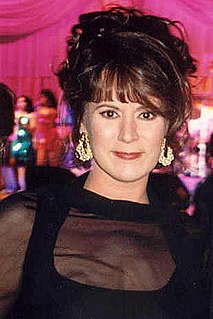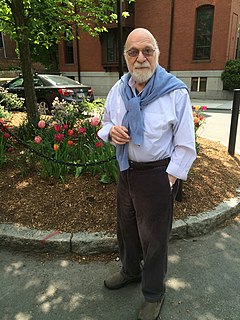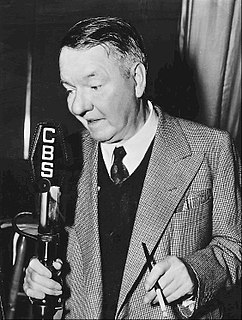A Quote by Francine Prose
Long before the idea of a writer's conference was a glimmer in anyone's eye, writers learned by reading the work of their predecessors. They studied meter with Ovid, plot construction with Homer, comedy with Aristophanes; they honed their prose style by absorbing the lucid sentences of Montaigne and Samuel Johnson.
Related Quotes
I had, in college, a professor called Walter Jackson Bate, and he taught a course called The Age of Johnson. It's about Samuel Johnson and his period, 18th-century British writing. So we all got to endure Samuel Johnson, and Boswell's 'Life of Johnson' is now my favorite book. I read it all the time I can; it's great for going to sleep.
All nonfiction writers, whether they like it or not, are translators. The translator is the perfect journalist. The best journalism endeavors to convey an essential idea or story to an audience that knows very little about it, and that requires translation. To do this successfully, the writer must filter the idea through the prism of his eye, and his mind, and his writing style.
My prose style at this time was a stomach-twisting blend of the Bible, Carl Sandburg, H.L. Mencken, Jeffrey Farnol, Christopher Morley, Samuel Pepys, and Franklin Pierce Adams imitating Samuel Pepys. I was quite apt to throw in a "bless the mark" at any spot, and to begin a sentence with "Lord" comma.





































